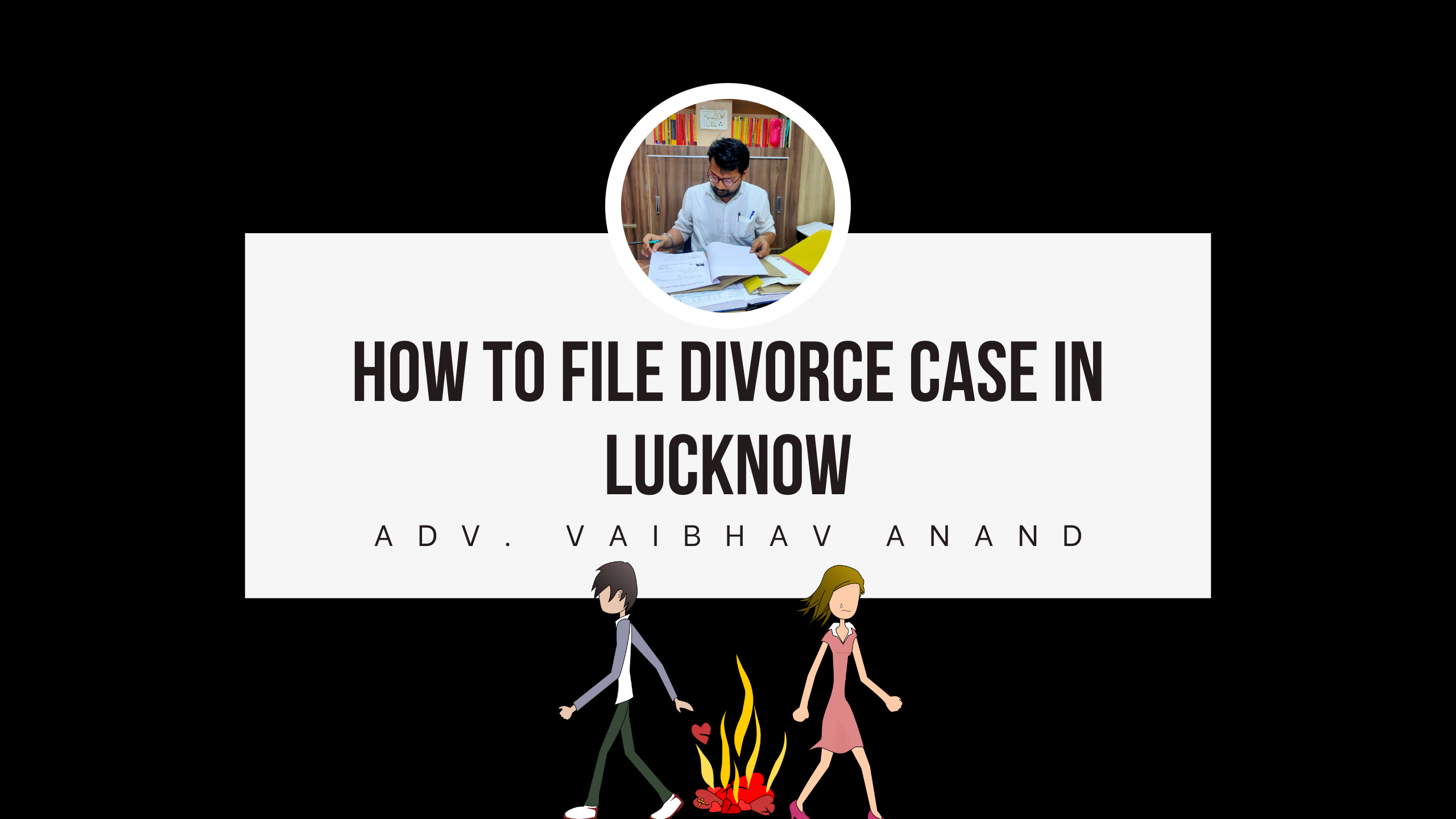Short Notes on Limitation Act, 1963

Contents of Article
Short Notes on Limitation Act
1. General provision as to the Bar of Limitation and Extension of the prescribed time (Sections 1 – 5 of Limitation Act, 1963)
The act limitation extends to whole country; the act defines certain terms such as applicant, application, bill of exchange (cheque), bond, defendant, easement, foreign country, good faith, plaintiff, period of limitation, promissory note, suit, tort and trustee.
Limitation of Suits, Appeals and Applications
- If any application is made for initiating suits or appeals after the time prescribed, those applications shall be dismissed. When the suit was made, it shall be presented to the proper officer in an ordinary case. In case if it was made by the person who is poor, then the application of leave for sue is granted. It was directed to the liquidating officer when the claim was against the company. It was treated a separate suit in case of counter claim or set off is made. When the proper officer gets the application, the application of notice for motion is made in the High Court (Section 3).
- If the date given for the initiation of the suits expired when the Court is closed, then the application may be instituted during the reopening day of the Court (section 4).
- In case, the Court finds the sufficient cause for the appeal not being preferred except the reasons prescribed under orders XXI of Civil Procedure Code, the suit can be initiated (section 5). It is the condonation of delay, where the remedy is made so that the application is not rejected.
- In the case of G. Ramagowda v. Special Land Acquisition Officer[1], it was held that the liberal construction should be made in the Court with the consideration of the sufficient causes made in the petition.
2. Legal disability, exclusion of time etc, (Section 6 – 24 of Limitation Act, 1963)
- In case of disable persons, this section says that if he/she is a minor, then he can institute the suit when he attains majority within the period of three years limit. In case the person is suffered from any other disabilities, then the person can institute the suit when the disability ceases. If the person dies then the disability ceases, the suit can be instituted by the legal representatives. When the disability ceases and then the person dies then the suit can be instituted by the person before the end of limitation period. (Section 6)
- When the suit is instituted by more than one person and if one of them is capable of instituting the suit, then the limitation period starts. When no one is capable for instituting the suit, then the limitation period has not commenced. (Section 7)
- Section 8 of the Limitation Act, 1963 is an exemption to section 6 and 7 of the act, as it says that the suit can be instituted after the time period of 3 years in case of the minors and the dead persons.
- When the limitation period has started, it cannot be stopped by the death or the disability. But when the creditor grants the letter of the administration to the debtor, the debt recovery is to be suspended where the administration continues (Section 9)
- In cases where the suit raised against the person’s property with his trusts or its representative shall not contain any limitation period. No powers shall be granted in the act against this provision. (Section 10)
- The act applies to the contract between parties even in the cases in where the jurisdiction extents to other territories in India, except when the specific contract is implied or if the person is in another country when the contract is made. (Section 11)
Computation of Period of Limitation
- For any suit, application or appeal the limitation period on the day of calculation can be excluded. For the suit and order or judgement for appeal, revision or reference the limitation period for the date of getting the order copy can be excluded. The calculation of the limitation for application to the set aside an award, the time period shall be excluded. (Section 12)
- In case of poor people (pauper), the calculation for the limitation period shall be excluded in good faith and in case of the payment of the fees can at as same as the procedure followed in the first appeal. (Section 13)
- The exclusion of the limitation period can be done in case of the prosecution of another civil case to be pending to the first instance for suit or appeal in a same matter (1) or same party (2) for the defendant as in good faith for the matter as a defect from jurisdiction. (Section 14)
- In case of injunction or order, the limitation period for the suit or the appeal on the date of application can be excluded. When the notice was granted which is authorised by the government for the time for certain law being in force, then the limitation period of the particular suit or appeal can be excluded. In case of the interim period and during the limitation period for the proceeding during the set aside for the sale can be excluded. The time period when the defendant is not present in the country shall be excluded. (Section 15)
- When the person dies before the initiation of the application for the suit in which he has a right, then the time period for limitation for the suit by the legal representatives start from the date of his death. When a person who the suit has to be instituted that is the opposition party dies then the period of limitation can be calculated when the suit was initiated by legal representatives. (Section 16)
- In case of any fraud or misleads found in the suit or appeal or any process of it, then the limitation period shall not starts until the plaintiff or the defendant found out the fraud or misleads and rectification or decision is made in the process. (Section 17)
- The acknowledgement of liability shall be signed at the time of expiration by the party against whom the right is claimed and then the limitation period shall be calculated from the date of acknowledgement. The acknowledgement cannot be of oral, it shall be dated and signed by the party. (Section 18)
- When the payment is made during the period of time by a person who is debt, the new calculation shall be made from the date after the payment of debts. (Section 19)
- In case of disability in person, the transaction can be made by the agent like guardian or manager to sign the acknowledgement of the payment made. (Section 20)
- When the new plaintiff or defendant was substituted on behalf in good faith, then the suit shall be instituted to have earlier in time. It shall not be applied to the substitution happened in the pendency period. (Section 21)
- The fresh limitation period starts every time when there is continuous breach of contract or continuous breach of trot. (Section 22)
- When the compensation suit is files in which the cause of action does not rise, the limitation period shall be calculated from the time in the result of action unless there is a specific injury. (Section 23)
- The limitation period in this act is calculated with the Gregorian calendar reference. (Section 24)
3. Acquisition and Extinguishment of Proprietary rights by the virtue of limitation (Section 25 – Section 27)
- Acquisition of Ownership by Possession
The right to easement is absolute and indefeasible when any air or water is used in the building or waterways enjoyed in open ways for twenty years without interruption. In case the suit is initiated by government for the property, then it shall be considered as thirty years. The twenty years term period was taken before the last two years term period for the institution of suit the period relates to the contest. (Section 25) - When the land or water is being enjoyed for period of three years, in the calculation of the limitation period shall be excluded in the three years for claim for suit under twenty years. The continuation of easement shall be excluded in the calculation after the determination of term is resisted by person. (Section 26)
- For the possession of any property, when the suit is initiated the determination of the period is limited to such person, and his property right shall be extinguished. (Section 27)
[1] AIR 1988 SC 897








